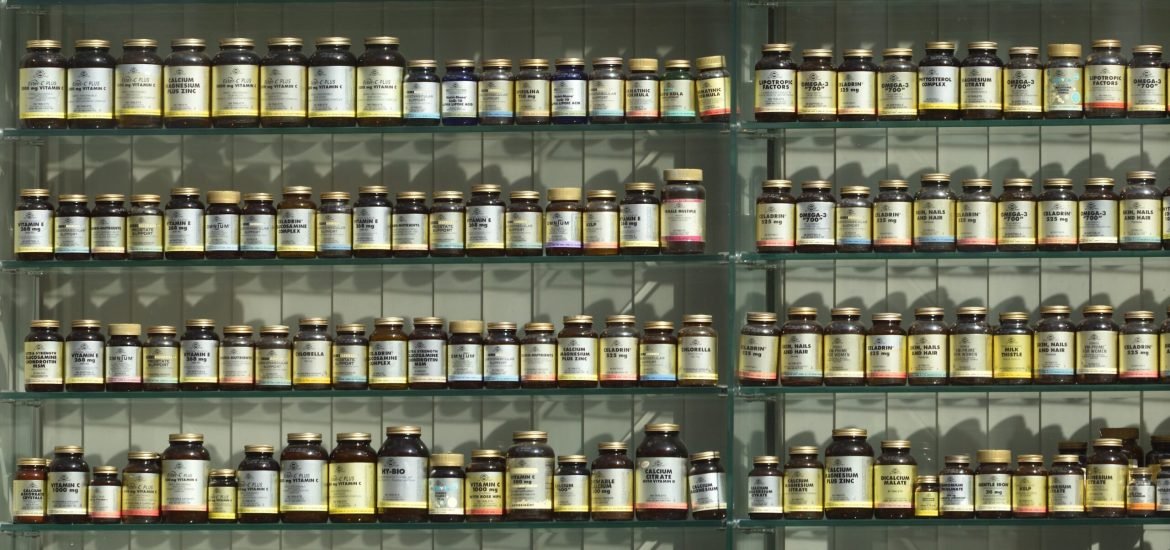
Researchers unveil the extensive and multiple effects that inulin, a compound commonly used in dietary supplements, has on the gut microbiome, according to a study published in Nature Communications. The authors view this work as a key step towards personalised dietary supplements.
In recent years, prebiotics — like inulin — have been increasingly used in food supplements. Prebiotics are non-digestible compounds that help the growth of beneficial microorganisms in the gut. Inulin is commonly found in bananas, wheat, onions, and garlic; when we eat these foods, inulin is broken down and fermented by bacteria.
Previous work has suggested that inulin may have further positive effects on human health, including anti-inflammatory and anti-cancer properties. However, the gut microbiome is complex and extremely difficult to study and understand. To cover this gap, a team of researchers from the University of Vienna, Austria, used fluorescence-labeled nanoparticles to follow how gut bacteria use inulin. The results were surprising: far more bacteria than previously believed use inulin, including some species not previously associated with this capability, like the Coriobacteriia class.
“Most prebiotic compounds are selectively utilized by only a few types of microbes, but actually, we found that the ability to bind to inulin is really widespread in our gut microbiota,” explained David Berry from the Centre for Microbiology and Environmental Systems Science (CeMESS) at the University of Vienna and lead researcher in this study. “Inulin supplements have been on the market for years, but precise scientific evidence of their health-promoting effects has been lacking. We used to think that inulin mainly stimulates Bifidobacteria, the so-called ‘good bacteria,’ but now we know that the effect of inulin is much more complex. Our study is a trailblazer for the future of microbiome-based medicine: with our method, dietary supplements can be personalized, precisely designed, and scientifically substantiated in the future.”
Curiously, when comparing different participants in the study, the team noticed significant differences in the response to inulin. “These findings highlight the importance of considering individual differences in the development of dietary recommendations and microbiome-based interventions,” said Alessandra Riva.
Overall, the team believes this research is vital to understanding how prebiotics work in the digestive tract, which, in turn, may lead to the development of new treatments. “Our approach to marking and sorting cells based on their metabolic activity is relatively new,” says Riva. “We hope that our study can serve as a framework for future research and the development of new microbiome-based therapies.”
Riva, A., Rasoulimehrabani, H., Cruz-Rubio, J.M. et al. Identification of inulin-responsive bacteria in the gut microbiota via multi-modal activity-based sorting. Nat Commun 14, 8210 (2023). https://doi.org/10.1038/s41467-023-43448-z